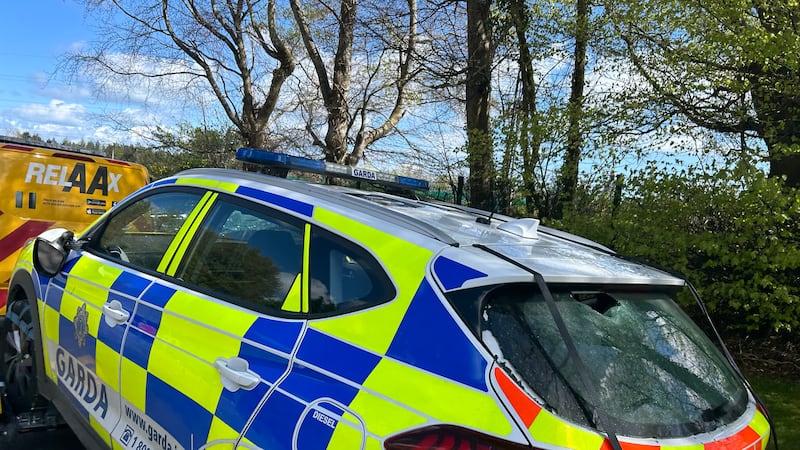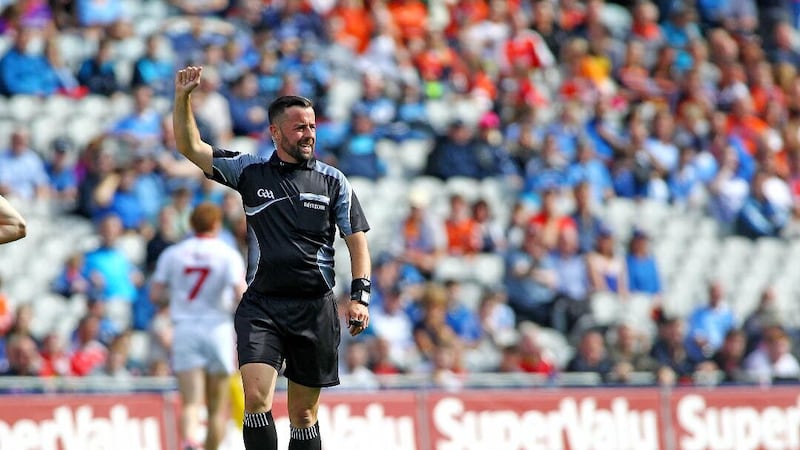With the ongoing need to resolve our long-standing problems at Stormont still pressing, it is vitally important that all our politicians retain a clear focus on protecting children in Northern Ireland as our political institutions take shape. We should prioritise what needs to be done and an area that we should focus on is supporting education and teachers in the key role of keeping children safe.
The number of child sex offences recorded in Northern Ireland soared by nearly a fifth to a record 1,809 last year according to figures published by PSNI.
Children can face years of abuse before they speak out. And as well as ruining childhoods this abuse can have devastating effects long into adulthood. Perpetrators of child abuse rely on it remaining in the shadows and it takes on average over seven years for a victim of child abuse to tell someone about what has happened to them.
The NSPCC believes schools and teachers play a crucial role in keeping children safe from abuse and neglect and they need to be supported in this important work.
Research clearly shows that the earlier a child receives help, the better the outcome. Teachers have the opportunity to get to know their pupils and because of this unique relationship they can spot the early signs of abuse. Teachers spend a huge part of children’s days with them and we should not underestimate the importance of that relationship in keeping them safe.
There are a range of initiatives underway that are already making a difference. School counselling for young people is already in operation, as well as a regional schools child protection service and the commitment of many teachers who formally take on this role in schools.
The NSPCC is also tackling the issue head-on with a range of ground-breaking initiatives well under way across Northern Ireland. Our unique Speak out, Stay Safe programme provides age appropriate assemblies and specialist workshops for primary school pupils on how to keep themselves safe and, importantly, how to speak out to those they trust. These services complement each other and are at the leading edge of how we as a society can work with education professionals to keep children safe from the horrors of abuse and neglect.
It is crucial that the funding is put in place by the new executive to support the innovative work in preventative education already under way. High-quality early intervention will ultimately prevent more children from becoming victims of abuse, and investment in these services is something which should be valued and supported.
COLIN REID
Policy Manager for NSPCC in Northern Ireland, Belfast BT15
We would surely be impoverished without our rich cultural tapestry
On islands where cultural contention has played out with devastating consequences since time immemorial, it is difficult to trump the cultural parity of esteem espoused by the agreement done at Belfast on Good Friday 1998 which remains the best show in town, warts and all.
If Ulster Unionists and loyalists desire inclusion of Ulster-Scots dialect alongside Gaelic in a languages act – ‘DUP leader calls for ‘cultural deal’’: New act must encompass Ulster-Scots’ (September 9) – it is difficult to see how libertarian,egalitarian and fraternal nationalist and republicans can plausibly demur. But is Ulster-Scots not to Gaelic what Italian is to Latin and Aramic is to Hebrew, less of a language and more of a dialect. To suggest that it sounds like a phonetic amalgam of English and Scots-Gaelic is not to say that it is either good or bad, but merely to say that it is or appears to be.
Ulster-Scots whether people or dialect, (not for nothing known in the US as Scots-Irish), can surely assuage any cultural besiegement with dictionary definitions of Gaelic as the Celtic language of the British/Irish Isles, or as any of the forms of the Celtic language used in Scotland, Ireland or the Isle of Man. There’s isn’t exactly a whale of a difference for any linguistic Jonah to be swallowed whole between Scottish and Irish Gaelic as to unsettle the Dal Riadan horses. Travellers across the island will be familiar with bilingual road signs in both Gaelic and English customary to all and alien to none. Can Ulster/Northern Ireland really be incapable of provincial or regional reciprocity?
In pursuit of an ever elusive happy medium between contending traditions it might be a helpful to resist the mutual temptation to adjectivise language or dialect to geopolitical designations such as Irish or Ulster-Scot, and replace them with a more generic Gaelic as defined above in a languages act per se.
The late Ulster husband and wife academic team Lawrence and Deirdre Flanagan’s A guide to Irish Place Names remains an invaluable resource to anyone interested in the rich cultural tapestry of these islands, without which all of us would surely be culturally impoverished.
CIARAN MacAODHA-OCINNEIDE
Baile Áth Cliath 8
Apparent lack of empathy
I enjoy Newton Emerson’s column and his well-earned status as the only unionist in Ireland with a sense of humour. But his piece (September 21) as to how we need to give up on an Irish language act as Arlene has foolishly painted herself into a corner by whipping up hysteria on the matter within the DUP support base was poorly thought out. He missed the key point that, as racism and sectarianism is no longer (theoretically) open as a tool to utilise in public affairs in NI for unionist politicians, they are using the language as a surrogate form of the same thing.
He appears to be unaware of what 99 per cent of the nationalist population knows – anti-Irish language arguments in the face of minority language law already implemented elsewhere in the UK and across the EU is simply an ersatz of racism or sectarianism. One can’t help wondering if Newton’s lack of apparent empathy on this issue is real or feigned as he is not renowned for his lack of insight.
Cllr CADOGAN ENRIGHT
Downpatrick, Co Down
DUP is right with its Irish language proposals
Further to Alex Kane’s observation that ‘the DUP and Sinn Féin did not agree to an [Irish language] act at St Andrews in 2005’ – Why does Irish issue now dominate Sinn Féin? (September 22) – the text of the agreement is:
‘The [UK] government will introduce an Irish Language Act reflecting on the experience of Wales and Ireland and work with the incoming executive to enhance and protect the development of the Irish language.’
The legislation which gives effect to the agreement says that the NI executive has to ‘adopt a strategy setting out how it proposes to enhance and protect the development of the Irish language,’ but that duty follows on from the obligation of the UK government to ‘introduce an Irish Language Act’ that reflects ‘the experience of Wales and Scotland.’
Language campaigners should therefore be lobbying Theresa May and James Brokenshire to fulfil the UK government’s obligations rather than expecting the local assembly to act outside its powers, a point on which the DUP is in the right with its proposals on the language question.
JOHN JOHNSTON
Newtownards, Co Down







